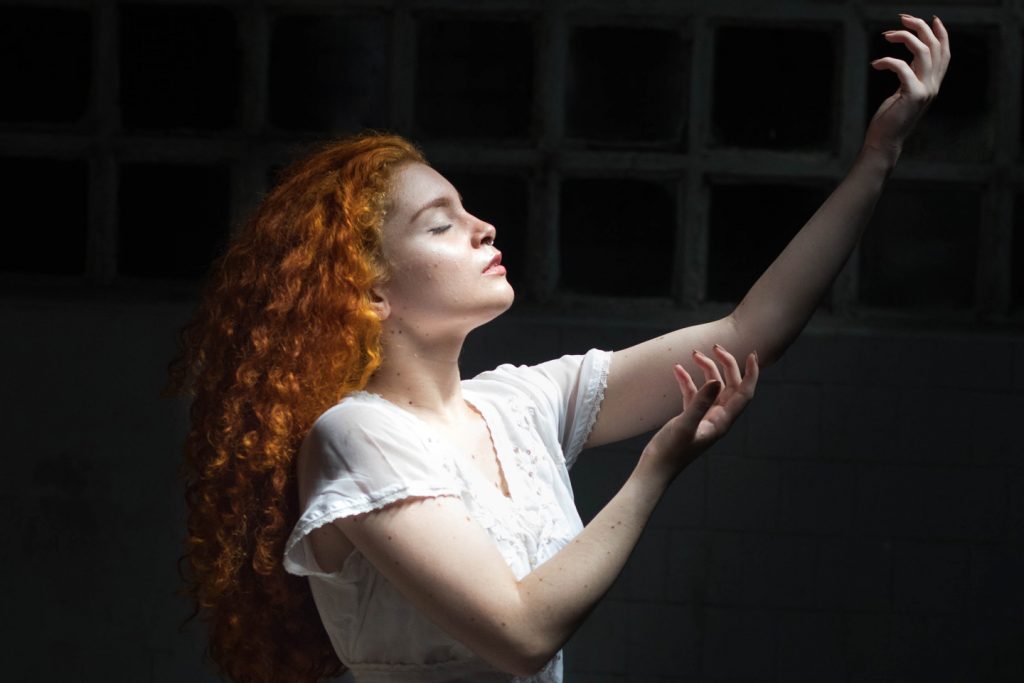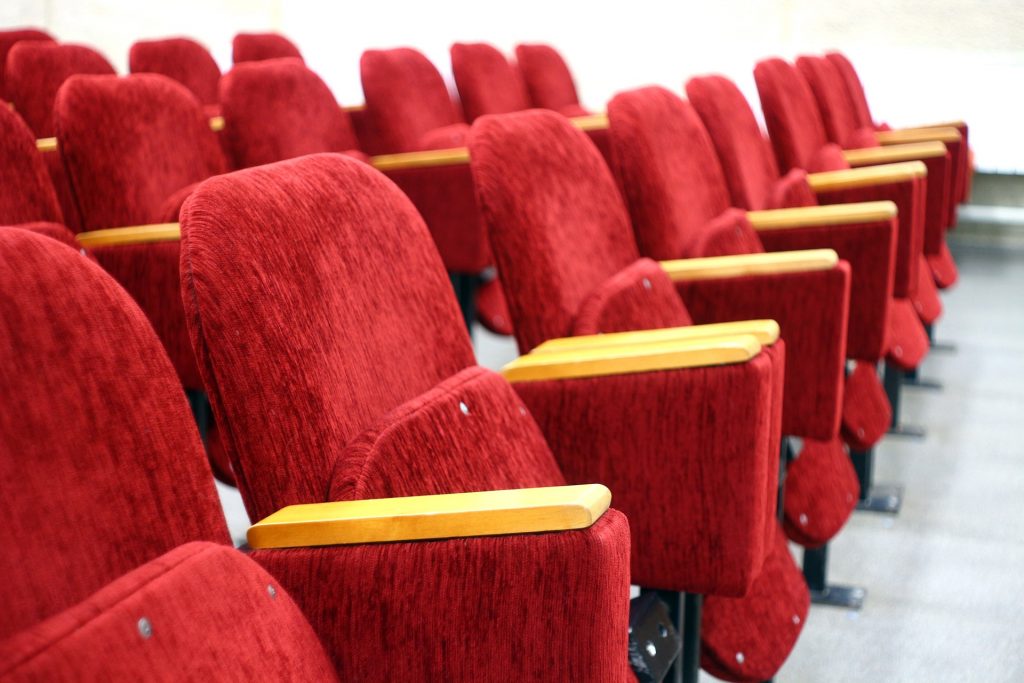Isolated in our own houses most of us inevitably invest a lot of time on social media. And as I read the comments, I cannot think but Chekhov.
We suddenly discovered that confinement, isolation, vanity and the repetition of our daily routine have turned into a high-pressure pump that only a pinch of black humour could relief. As Chekhov himself elaborately puts it:
What a fine weather today! Can’t choose whether to drink tea or to hang myself.
Anton Chekhov
The financial repercussions from all this are surely immeasurable but I am not an expert in finance nor an impresario to analyse how this pandemic has afflicted theatre. Besides, as industry we are used to unemployment and only few of us can say they make money out of it.

Recently lots of generous artists all over the world are sharing their performances online for free. A heart-warming gesture that will comfort people who are alone and want to watch something beyond series in the hope of bringing them closer to the real sense of theatre. I will once more quote Chekhov
In short stories it is better to say not enough than to say too much, because, because–I don’t know why
Anton Chekhov
Back to our point. Will theatre survive?
Many rushed to say that the theatre as we knew it will cease to exist. Either because it will take a long time for us to feel safe in social gatherings or because we will get used to watching plays online. Something that it is not necessarily bad in my opinion.
First of all because art is all around us since people need art: musicians are playing and singing from their balconies, dancers are dancing on the rooftops and policemen are playing their guitars. It takes one actor and one viewer in order for a play scene to exist. And at this point the viewer feels more than ever the need to participate, imitate and be identified with a character.
Even when we manage to get out of this situation, numb, we will need more than ever to communicate with each other, to remember how a touch feels, to laugh and cry. People will need to put fear aside, perhaps hesitantly but progressively will turn to theatre with an even greater desire to participate to its ritual.

And we as actors ought to listen to the audience’s need for a more humane theatre, a theatre that is deeply interactive and dare to say more Mediterranean characterised by mutual social memory and warmth. Perhaps even a theatre more accessible financially and I cannot see why not? There are plays that need no more than a suitcase of props. Let alone the low budget festivals.
Perhaps, enclosed venues might not be recommended for a while so let’s play in open theatres!
Let’s all remember the traveling compagnie (companies), the actors of Commedia dell’arte. Let’s be genuine actors.
Our ability to adjust to changes is a sign of evolution and survival. We will continue according to the audience’s needs. Until we meet again, then!


